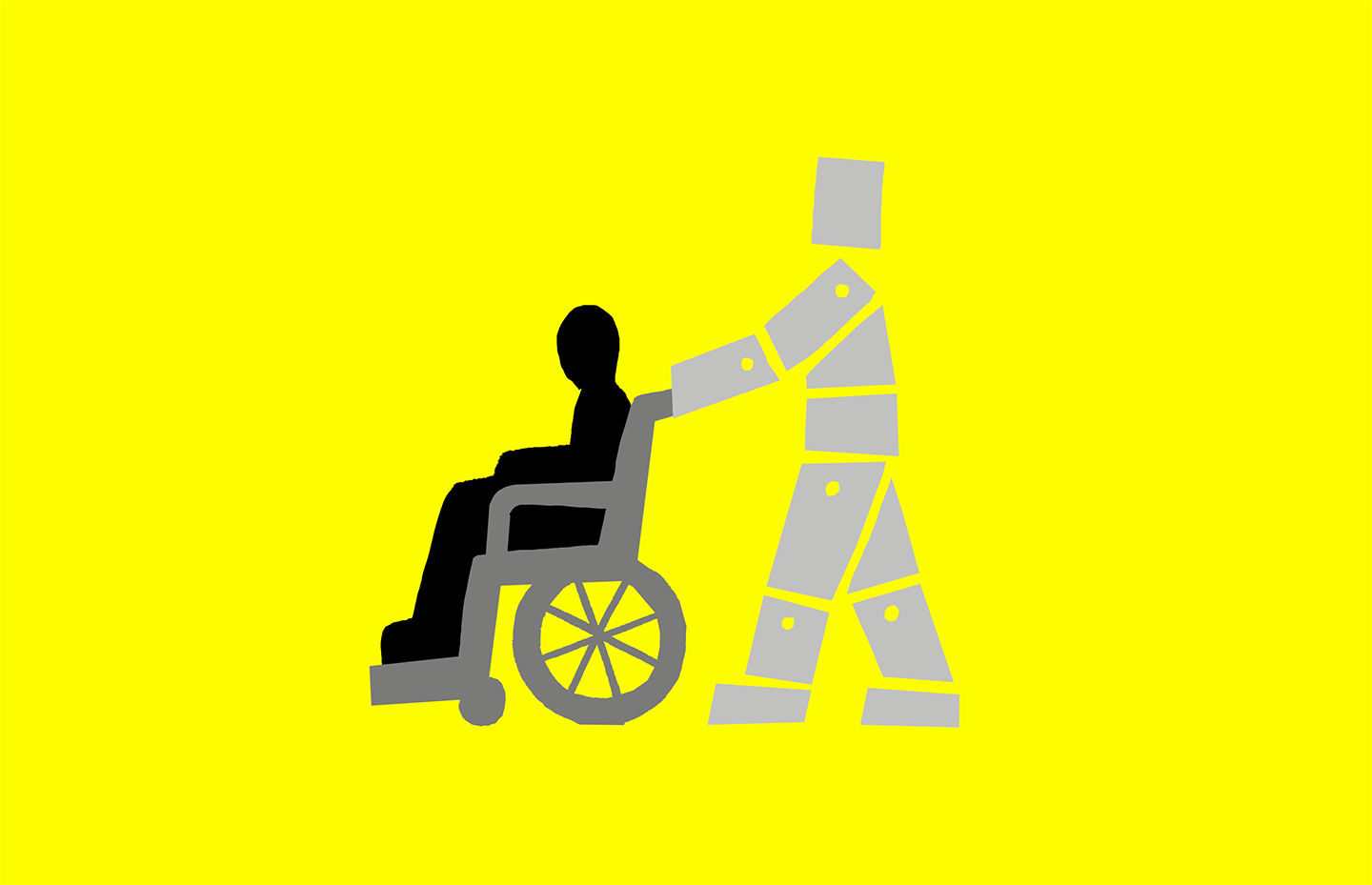Our perception of time is fluid. Here are ways to optimize your relationship with time.
In a scientific experiment set in a Dallas, Texas, amusement park, a participant leaped off a 14-story daredevil jump tower and landed safely in a net. While the fall only lasted a few seconds, the study participant said that fear made it feel longer. Emotion warped that person’s experience of time, dragging out each moment like a horror film in slow motion.
For some, the pandemic has felt like one giant, extended version of that leap: a scary free-fall that seems to last an eternity. In an April 2020 poll, about 40 percent of British citizens surveyed said the lockdown slowed down time. In a way, they may be right.
The brain’s perception of time is fluid. While humans are capable of estimating time accurately, personal experiences often distort it. But how does the brain keep track of time in the first place? Why do some people feel it moving slower? And how does our subjective experience warp it?
While neuroscientists are still working out how time is kept in the brain, they have found ways to manipulate it and maybe even escape the tedious tick-tock of time.
The smallest clock
“We have several little clocks in the brain,” each of which perform different functions, says Federica Piras, a cognitive neuroscientist at the Santa Lucia Foundation, a hospital and research institute in Rome.
The basal ganglia is a region deep in the brain that acts like the second hand on a watch face. This group of brain cells activates rhythmically, creating a pulse. All the ticks are added up to measure the passage of larger units of time, like minutes and hours.
The ticking of this clock is modulated by dopamine, says Piras. Dopamine is a time-manipulating chemical released in the brain in response to pleasurable experiences. Many neuroscientists think that time flies when you are having fun because dopamine slows down the inner clock, making time feel like it is passing faster.
But there is natural variation in timekeeping, partially due to different amounts of dopamine circulating in the brain. One particular gene combination, sometimes called the “warrior” gene variant, encodes for more dopamine-neutralizing enzymes. People with this variant may perceive time as moving more slowly, because they have less dopamine in circulation.
While this may help people with the “warrior” gene variant perform better under stress, there’s also a price to pay. These individuals are more likely to be impulsive, possibly because it feels like more time stands between them and a future reward—like the end of a pandemic.
Negative feelings, like stress and anxiety, make time pass even more slowly for everyone. These emotions both increase arousal in the body and enhance awareness of the ticking clock, so that each pulse is both faster and more consciously felt.
Speed up the second hand
Drugs like cocaine, nicotine, and methamphetamine temporarily increase dopamine in the brain and make time seem like it’s speeding up. But time slows right back down to a crawl when the high wears off—especially for people with long-term stimulant habits who have altered dopamine pathways.
A more sustainable solution may be a Parkinson’s disease medication. The dopamine-producing brain cells in people with Parkinson’s disease die, often permanently impairing their ability to estimate time. But they use a medication called tolcapone to block the dopamine-neutralizing enzyme and compensate for the loss of these cells.
Jennifer Mitchell, associate professor of neurology and psychiatry at the University of California, San Francisco, discovered that tolcapone makes time perception more accurate in people with the “warrior” gene variant. This time-corrective medication could improve our ability to wait, especially for those experiencing time as moving more slowly.
“We’re all experiencing so much stress and anxiety that it’s bubbling over into some of our decision making,” says Mitchell. “I would like to think that there are a number of therapeutics that could help us dig ourselves out of this hole—drugs that affect dopamine being one class of compounds”—although no one has yet created a drug for treating boredom.
Shift awareness and distract yourself
The ticking clock can also be ignored. While the basal ganglia produces these rhythmic pulses, another part of the brain has to collect them and integrate them into conscious awareness. Distractions can temporarily erase that sensation of time passing.
Of the 80 percent of British citizens who said the April 2020 lockdown distorted time, about half felt it move faster. These people were more likely to be busy with tasks, which distract from the tick-tock of the internal clock, while the other half succumbed to boredom.
These little clocks in your brain likely exist because they have adaptive value that gave early humans a survival advantage.
What are the solutions? Watch Netflix, search the internet, listen to music, take stimulants, call a friend. “These are all things that distract yourself from yourself,” says Marc Wittmann, author of Altered States of Consciousness: Experiences Out of Time and Self. Distracting yourself helps, but often doesn’t last, he says.
Meditation can offer a more direct self control over time, Wittmann says. Most meditative practices aim to train the brain to stop cataloging sensations in the body and to silence the ticking clock inside. While inexperienced meditators may at first be hyper-aware of every second that goes by, time passes faster for people who are practiced meditators.
“There’s no future, there’s no past, because you’re completely in the moment, and this is what you could argue is timelessness,” Wittmann says.
Change mindsets
However, most people are not expert meditators and are unlikely to reach that timeless nirvana anytime soon. Nor have any time-corrective medications been approved for public consumption. But there is one other reliable way to change your relationship to seemingly slow-moving time: accept it.
Ashwani Monga, an associate professor of marketing at the Darla Moore School of Business, instructs people to think of time as a force of good—a framing that may help people accept the passage of time and increase patience.
Ultimately, our ability to perceive time does benefit us. These little clocks in your brain likely exist because they have adaptive value that gave early humans a survival advantage. If a tiger is chasing you, “it is very beneficial to be able to move incredibly quickly and to perceive things incredibly fast and to make a decision in a split second,” Mitchell says.
So while scenarios that require patience—like a pandemic—may drag out, slow time perception may also improve chances of survival in high-stress situations. In fact, the “warrior” gene variant persists in nearly half of some populations.
Time is woven into the fabric of the brain. It is embedded in the way we feel emotions, make decisions, and experience joy. These ticking clocks are the stuff of human experience. Put simply, “you are time,” says Wittmann.
As we fall into the second year of the pandemic, let’s just hope we find new ways to appreciate our passage through time.












